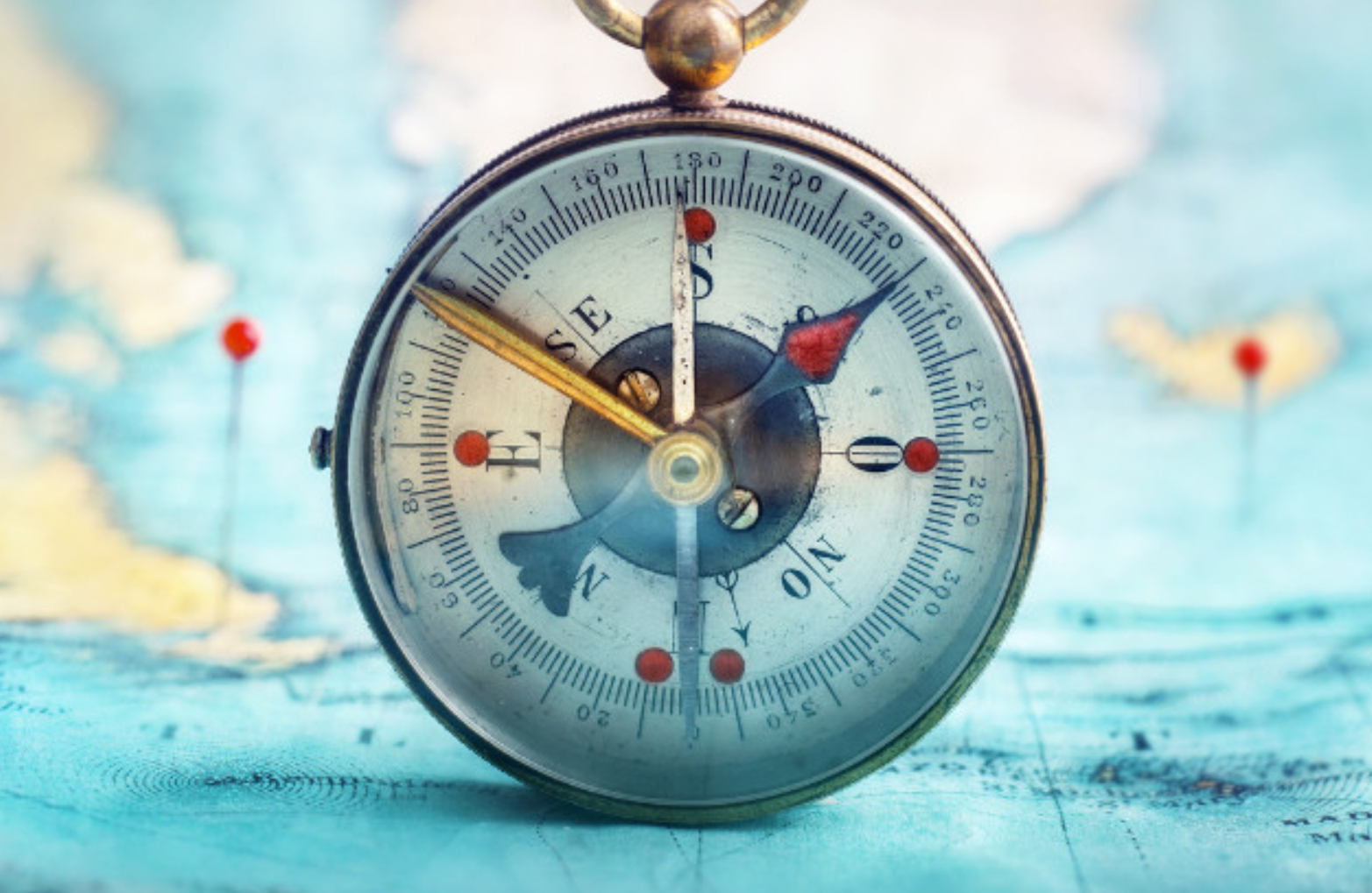Definition, Branches and Importance of Geography
Geography is a diverse and dynamic field of study that explores the Earth’s physical features, human societies, and their interactions. It encompasses a wide range of topics, from the natural environment and its processes to the cultural and social aspects of different regions.
Definition of Geography
Geography can be defined as the study of the Earth’s physical features, climate patterns, ecosystems, human populations, cultural landscapes, and spatial relationships. It seeks to understand the interactions between the natural environment and human activities, providing valuable insights into the complexities of our planet.
Branches of Geography
- Physical Geography: Focuses on the Earth’s physical features, natural processes, and phenomena.
- Human Geography: Examines human populations, cultures, societies, and their interactions with the environment.
- Geomorphology: Studies landforms, their formation, and processes that shape the Earth’s surface.
- Climatology: Analyzes climate patterns, weather systems, and atmospheric processes.
- Biogeography: Explores the distribution of ecosystems, biodiversity, and the influence of environmental factors on living organisms.
- Hydrology: Examines water bodies, including rivers, lakes, groundwater, and oceans, as well as water cycle processes.
- Cartography: Focuses on the creation, interpretation, and study of maps and geographic information systems (GIS).
- Remote Sensing: Utilizes satellite and aerial imagery to gather data about the Earth’s surface for analysis and mapping.
- Urban Geography: Studies cities, urbanization processes, urban development, and the social and spatial structure of urban areas.
- Cultural Geography: Investigates the spatial distribution of cultures, languages, traditions, and their impact on landscapes.
- Economic Geography: Examines the spatial distribution of economic activities, resource allocation, and patterns of trade and development.
- Political Geography: Analyzes the relationships between geography and political systems, boundaries, geopolitics, and international relations.
- Tourism Geography: Focuses on the study of tourism, including its economic, social, and environmental impacts on different regions.
- Population Geography: Examines the distribution, density, migration, and demographic characteristics of human populations.
- Historical Geography: Explores the spatial dimensions of historical events, changes in landscapes, and the influence of the past on the present.
- Environmental Geography: Investigates the interactions between human activities and the environment, including issues of sustainability and natural resource management.
- Geographical Information Systems (GIS): Utilizes computer technology to capture, analyze, and present spatial data for mapping and decision-making.
- Geopolitics: Examines the political and strategic implications of geography, particularly in relation to territory, resources, and international relations.
- Medical Geography: Focuses on the spatial aspects of health and healthcare, including disease patterns, healthcare access, and environmental health.
- Agricultural Geography: Studies the spatial distribution of agricultural activities, crop patterns, land use, and the impact of agriculture on the environment.
Importance of Geography
Geography helps us comprehend the Earth’s dynamic physical processes, such as plate tectonics, erosion, and climate systems. This knowledge is crucial for predicting natural hazards, managing resources, and mitigating environmental impacts. By studying human geography, we gain insights into the complex relationship between human societies and their environment. This understanding is essential for sustainable development, resource management, and addressing environmental challenges. Geography equips us with tools and techniques for spatial analysis, enabling us to interpret patterns, distributions, and relationships across different scales. This spatial perspective is invaluable in fields like urban planning, transportation, and emergency response. Geography fosters cultural awareness by examining the diversity of cultures, languages, religions, and traditions around the world. It promotes tolerance, understanding, and appreciation of different societies, contributing to global citizenship and intercultural dialogue. As a holistic discipline, geography explores the interconnectedness of regions, nations, and continents. It highlights the interdependencies arising from trade, migration, communication, and geopolitical relations, fostering a broader understanding of the globalized world.


